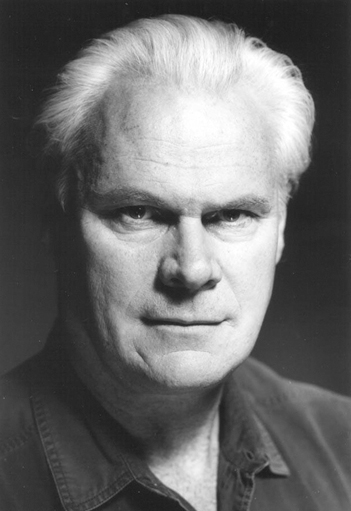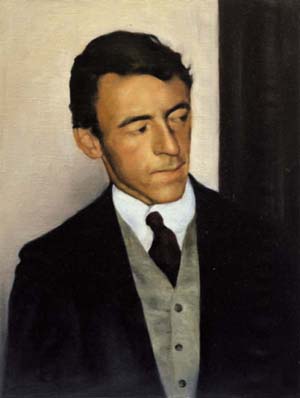- BAX, A.: Symphony No. 1 / In the Faery Hills / Garden of Fand (Royal Scottish National Orchestra, D. Lloyd-Jones) 8.553525
- BAX, A.: Symphony No. 2 / November Woods (Royal Scottish National Orchestra, D. Lloyd-Jones) 8.554093
- BAX, A.: Symphony No. 3 / The Happy Forest (Royal Scottish National Orchestra, D. Lloyd-Jones) 8.553608
- BAX, A.: Symphony No. 4 / Nympholept (Royal Scottish National Orchestra, D. Lloyd-Jones) 8.555343
- BAX, A.: Symphony No. 5 / The Tale the Pine-Trees Knew (Royal Scottish National Orchestra, D. Lloyd-Jones) 8.554509
- BAX, A.: Symphony No. 6 / Into the Twilight (Royal Scottish National Orchestra, D. Lloyd-Jones) 8.557144
- BAX, A.: Symphony No. 7 / Tintagel (Royal Scottish National Orchestra, D. Lloyd-Jones) 8.557145
Formed in 1891, the Royal Scottish National Orchestra (RSNO) is one of Europe’s leading symphony orchestras. Many renowned conductors have contributed to its success, including Sir John Barbirolli, Sir Alexander Gibson and Neeme Järvi. Thomas Søndergård has been the orchestra’s music director since 2018.
The RSNO performs across Scotland and appears regularly at the Edinburgh International Festival and the BBC Proms in addition to international tours.
With a widely acclaimed discography, the RSNO has previously appeared on BIS in a cycle of Rachmaninov’s symphonies as well as in programmes of music by James MacMillan, Ge Gan-ru and Sally Beamish.


David Lloyd-Jones began his conducting career in 1959 on the music staff of the Royal Opera House, Covent Garden. This was followed by conducting engagements for orchestral and choral concerts, opera broadcasts and television studio opera productions. He appeared at the Royal Opera House, Welsh National Opera and Scottish Opera, and at the Wexford, Cheltenham, Edinburgh and Leeds festivals, and conducted most of the major British orchestras.
In 1972 he was appointed assistant music director at English National Opera, where he conducted an extensive repertory, which included the first British stage performance of Prokofiev’s epic War and Peace. In 1978 he founded a new opera company in Leeds with its new orchestra, the English Northern Philharmonia (since renamed The Orchestra of Opera North), of which he became artistic director and principal conductor. During his twelve seasons with Opera North he conducted 50 new productions as well as numerous orchestral concerts including festival appearances.
His active career in the concert hall and opera house took him to leading music centres around the world. For Naxos he recorded works by William Alwyn and Alan Rawsthorne and the seven symphonies of Charles Villiers Stanford. In 2007 he was awarded Honorary Membership of the Royal Philharmonic Society, and he was also chairman of The Berners Trust.

Arnold Bax, English by birth, found through reading the poet W.B. Yeats a latent affinity with things Irish. The Celtic element, in consequence, plays a large part in his work and thought. He occupied an important place in English music in his own time and was knighted in 1937. At its best his music has a compelling charm and power.
Film Music
Bax wrote scores for the films Oliver Twist, the war-time Malta GC and Journey into History.
Orchestral Music
In addition to his seven symphonies Bax wrote a series of evocative tone poems of Celtic implication, including The Garden of Fand, November Woods and Tintagel. There are concertos for cello, for viola and for violin; Symphonic Variations for piano and orchestra; and Concertante for piano left hand and orchestra. The latter was written for Harriet Cohen, with whom he had a long relationship.
Chamber Music
Bax wrote three numbered string quartets, various quintets, an interesting viola sonata, three violin sonatas, and works for larger instrumental groups, including a nonet for wind and string instruments and an octet for horn, piano and string sextet.
Vocal and Choral Music
Bax’s choral works include settings of traditional carols, while his solo songs allow him to explore more Celtic ground in a variety of settings, ranging from A Celtic Song Cycle to settings of poems by James Joyce, J.M. Synge, and the English writers Clifford Bax (his brother) and A.E. Housman.
Piano Music
Bax wrote seven piano sonatas, some unpublished, and a number of pieces for piano solo or duo, many with evocative titles.






























